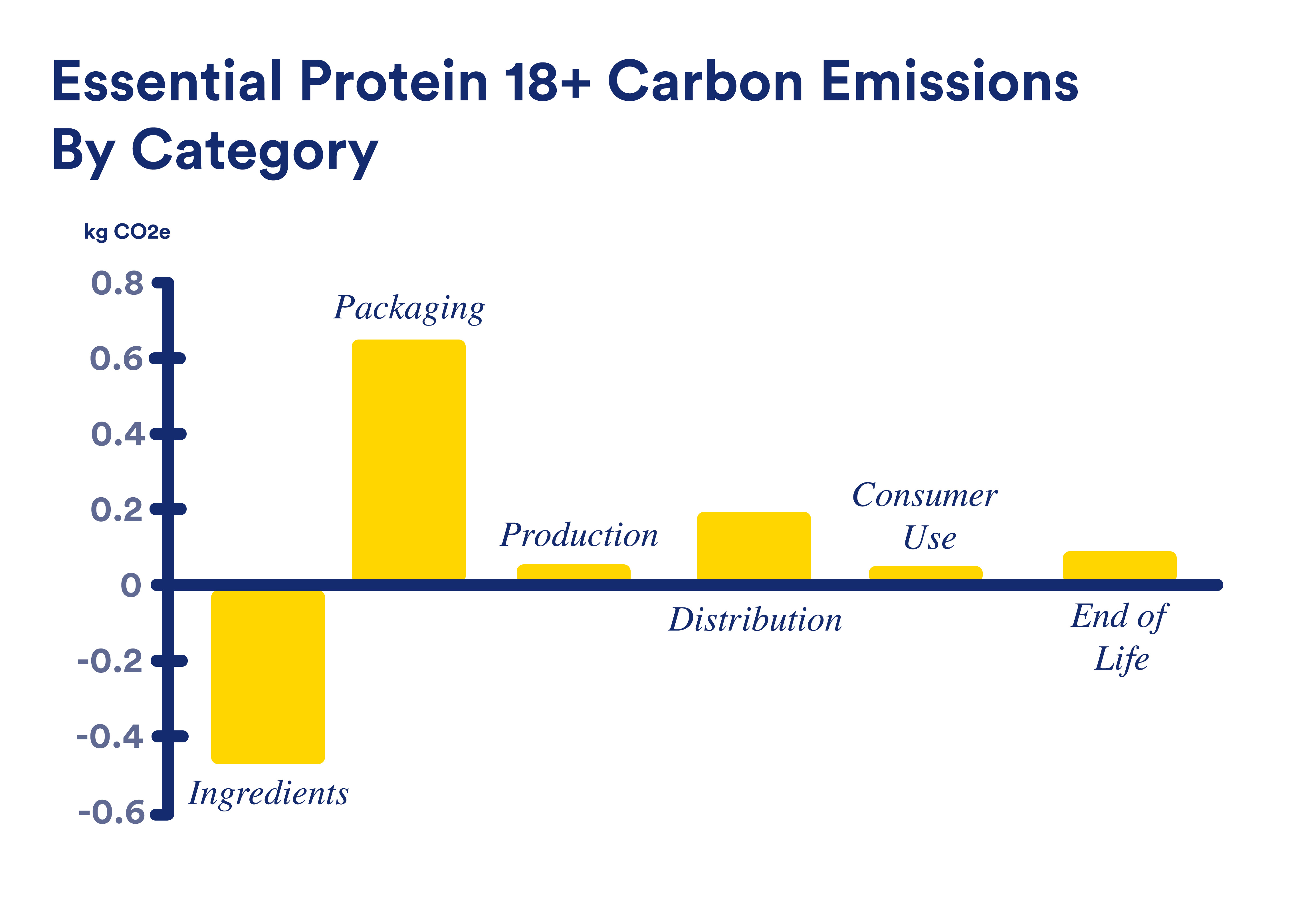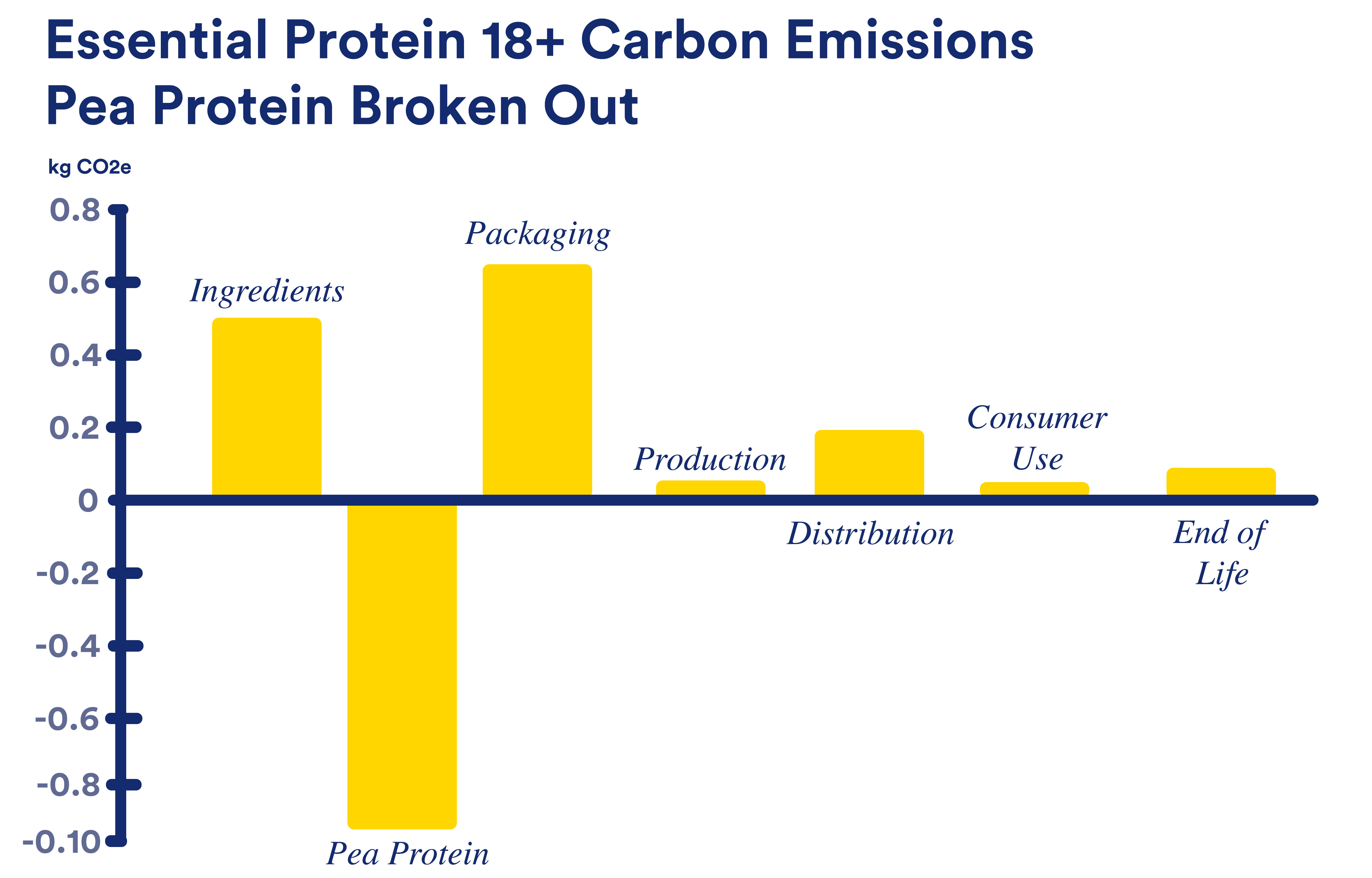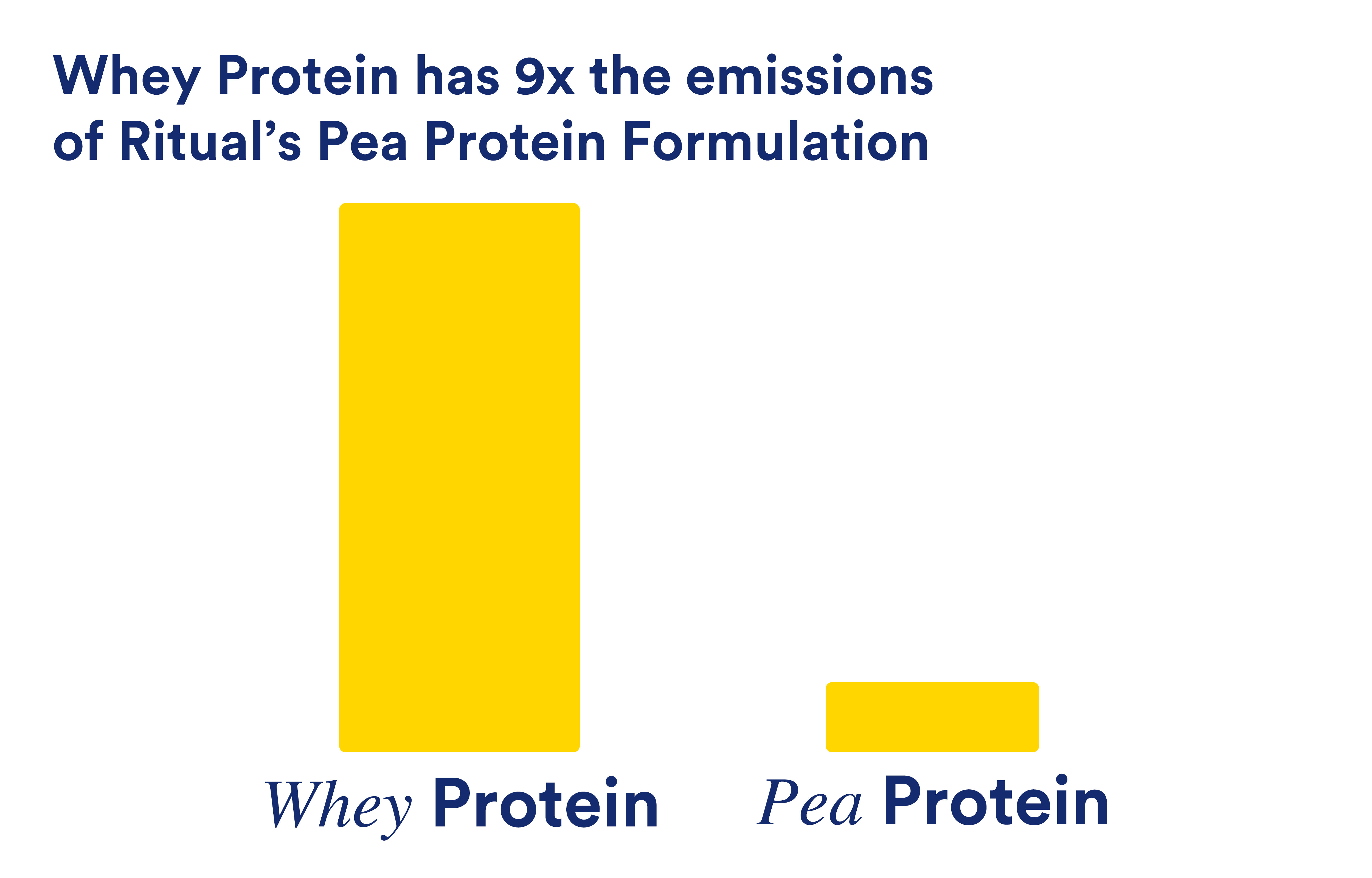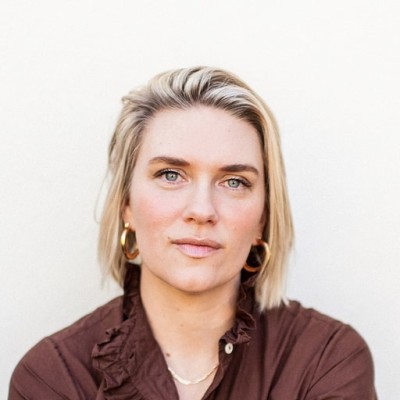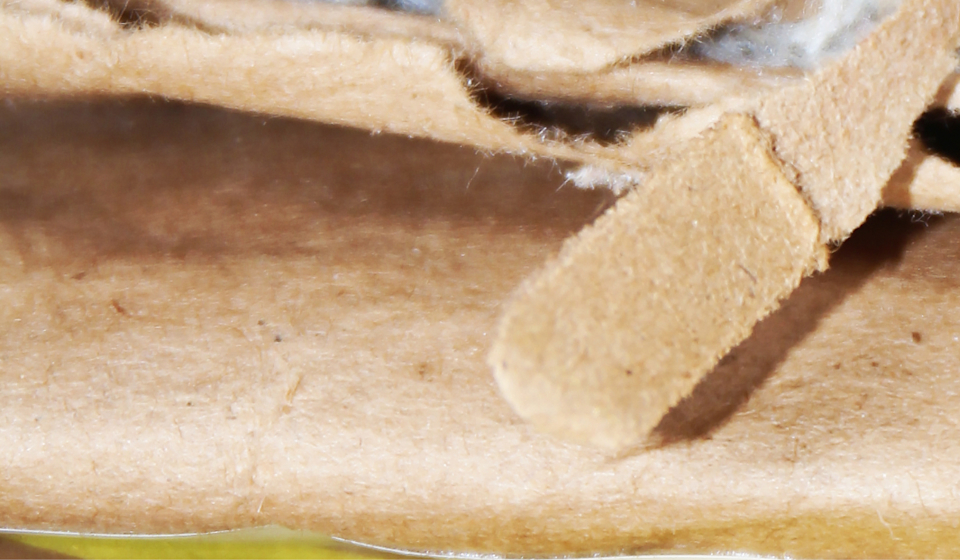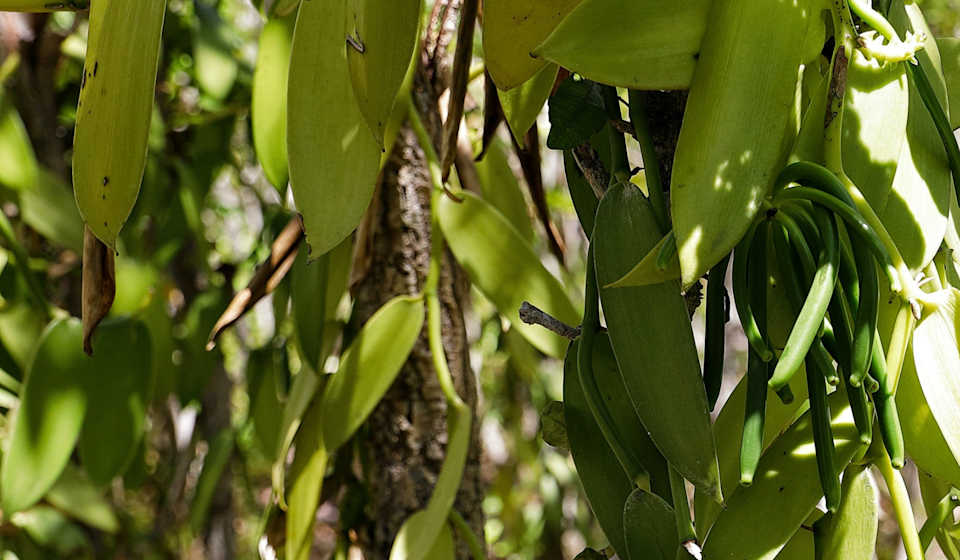Essential Takeaways
- We partnered with PlanetFWD to conduct custom product-level carbon footprints for all of our products.
- As of July 2023, the emissions for all Ritual products are offset and our line is CarbonFree Certified.
- While ‘offsetting’ can be a misleading term used to greenwash, we’re proud to invest in renewable energy infrastructure while we're STILL doing the critical work to reduce emissions across our product line.
Ritual is committed to protecting people’s health, so we are just as serious about addressing its role in the biggest health threat of our time: climate change.
Ritual’s Entire Product Line is Now CarbonFree Certified
Ritual now has offset the carbon emissions for all of our products through the CarbonFree Certification program. While we know offsetting the carbon from our products will not solve the climate crisis we are still making these critical renewable energy investments while simultaneously doing the work needed to hit our aspirational goal of Net Zero emissions by 2030.
Check outthe high-quality emission reduction projects, with descriptions and independent third-party registries who officially verify and maintain project documentation.
We Think of Offsets as Investments in Critical Renewable Infrastructure, Not the Solution to Reducing Carbon from our Products
“Net Zero” means reducing emissions first while using any offsets as a last resort (there are even limits to how much offsets can be used to achieve the goal). We prefer to speak to offsets as investments in renewable energy infrastructure, as the term “offset” can make people believe that emissions are canceled out, which isn’t the case. We first want to reduce the amount of greenhouse gasses being released through our decarbonization planning, while also making these critical renewable energy investments.


